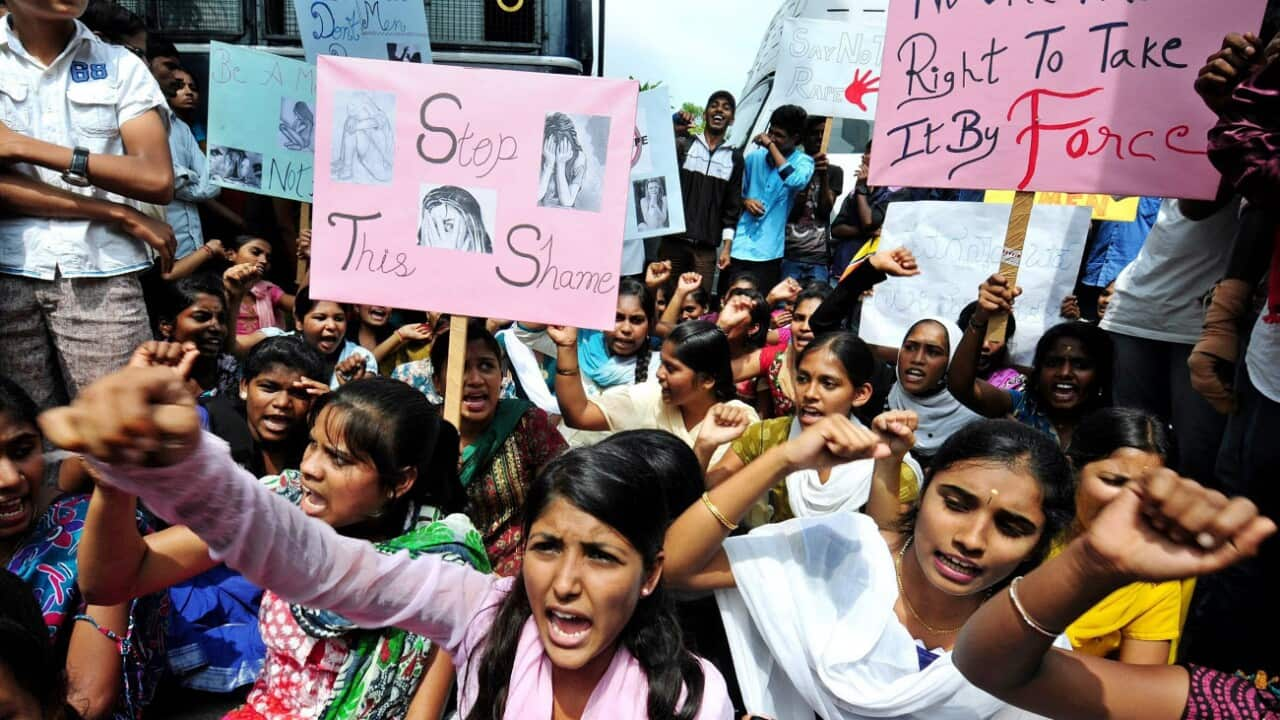A court in India has overturned the decision of a trial court that jailed a film director after finding him guilty of raping an American research scholar of Indian origin, bringing into question the accuracy of the complainant’s version of events.
The Delhi High Court acquitted Mahmood Farooqui, the co-director of a super-hit movie ‘Peepli Live’ saying there were doubts the incident occurred in the manner alleged by the complainant, Hindustan Times reported.
“And even if it did occur, whether it was without the consent/will of the prosecutrix,” the judge said while ruling in favour of Farooqui.
The 45-year-old filmmaker was given a seven-year prison term last year after a Delhi court convicted him of raping a Columbia University scholar in 2015.
The woman told the court that she repeatedly said no to Farooqui who was drunk. She said she stopped resisting out of fear that she could be harmed in the same way as the 2012 Delhi gang-rape victim whose body was badly mutilated which sparked protests throughout India.
In cases where the parties are known to each other, it could be really difficult to decipher whether a feeble ‘no’ – little or no resistance – actually amounts to the denial of consent.- Justice Ashutosh Kumar
Justice Ashutosh Kumar of the Delhi High Court said there are instances when “a feeble ‘no’ on the part of a woman may mean ‘yes’ during the course of a sexual act”, and found that the accused wasn’t aware of the alleged victim’s unwillingness.
“In cases where the parties are known to each other, it could be really difficult to decipher whether a feeble ‘no’ – little or no resistance – actually amounts to the denial of consent,” Justice Kumar remarked.
The court said the theory of sexual consent is among the key factors behind its decision to acquit the filmmaker, noting that the affirmative model, meaning that ‘yes’ is ‘yes’ and ‘no’ is ‘no’ is safe to apply where both parties involved are strangers.
“However, the same wouldn’t be the situation when the parties are known to each other, are intellectually and academically proficient, and if there has been physical contact in the past.
“In such cases, it can be difficult to decipher whether little or no resistance and a feeble ‘no’ actually amount to the denial of consent,” he added.
The plaintiff told the court that Farooqui only stopped when she feigned an orgasm to persuade him to stop.
The appellant was made to believe – although wrongly and mistakenly – that the prosecutrix had participated in the act. The appellant had no opportunity to know that there was an element of fear that forced her to go along.
However, the court said there was no communication regarding her fear.
“The appellant was made to believe – although wrongly and mistakenly – that the prosecutrix had participated in the act. The appellant had no opportunity to know that there was an element of fear that forced her to go along,” it said.
The lawyer for the alleged victim, Vrinda Grover said the decision was “dishonest in law and fact” and that an appeal will be filed in the Supreme Court.
However, many legal experts are concerned about the precedent this judgment sets.
Karuna Nundy, a lawyer in India’s highest court who advised on the sexual assault law reforms after the rape and mutilation of a physiotherapy student in Delhi in 2012, says the judgment will confuse issues around consent.
“What the law says is that consent may be silent, it may be non-verbal, but it has to be unequivocal,” The Guardian quoted her as saying. “And so when somebody says no – even when you think it’s feeble – and there is no subsequent unequivocal yes, then there is no consent.”



